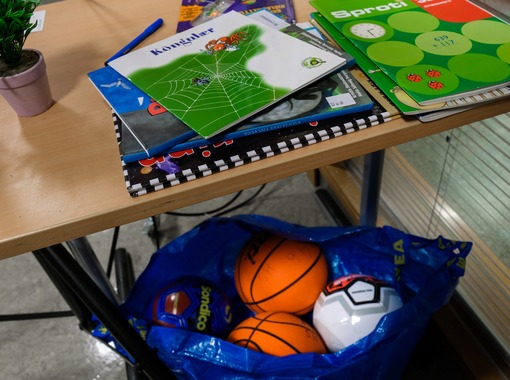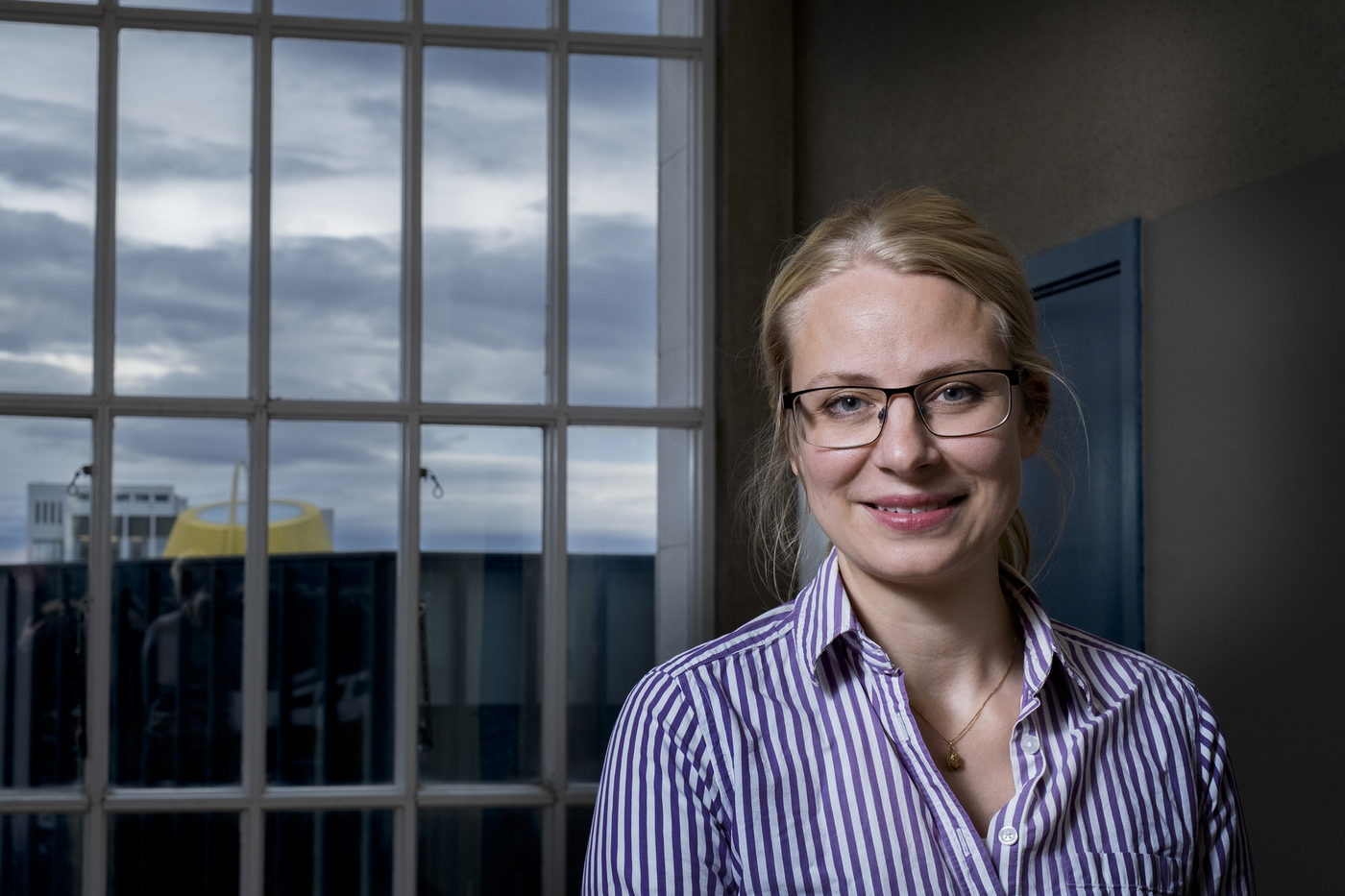The preliminary results of a new literacy study at the University of Iceland show that considerable responsibility is handed over to parents to ensure that children acquire the appropriate reading skills, whilst families spare time and capacity to tackle the task vary significantly.
"This means that the home conditions of elementary students impact how much training they get; contrary to the goal of equality in education. It can thus be claimed that the traditional strategy of reading at home, where great responsibility is transferred to the parents, widens the gap between students instead of bridging it."
So says Anna Söderström who is studying literacy culture in Iceland in her doctoral thesis, with an emphasis on teaching elementary students to read. She does this by examining public data and discussions on literacy using methods of critical discourse analysis. She also conducted interviews with parents on their experience on their children reading for school at home.
"The preliminary results show that the dominant emphasis on reading and literacy stem from a narrow interpretation of these concepts. Literacy is often put in a context of numbers and scales that are easy to measure, such as how fast you read. These emphasis shape our understanding of what the concept of literacy contains but simultaneously excludes other understandings of what literacy can be. It is worth mentioning in this context that public literacy policies in Iceland are under heavy influence from OECD that conducts Programme for International Student Assessment (PISA) that measures 15 year-olds' abiity to use their reading, mathematics and science knowledge and skills to meet real-life challenges.
Anna Söderström has for a long time been interested in how we, as human beings, understand our reality and actions. She has yearned to understand what it is that influences our ideas on life and existence and the consequences of these ideas. Anna's research is quite in line with this, as it focuses on studying the current emphasis on reading and literacy in a critical manner; putting it in a cultural and social context. She intends to study the consequences of these emphasis both regarding our view on literacy, but also on who is considered literate.
Reading an ordeal for many students
Anna used to work as a Library Director at the Selfoss school library. Through her work there she often noticed that reading could be an ordeal for many students.
"I also felt that in the education system there was great emphasis on practising reading, such as reading a certain number of pages or books, but the creation of meaning was often forgotten. The focus was on the technical sides of reading, such as speed but at the same time the selection of books available to students was lacking. I felt that these contradictions called for an ethnological study so I decided to apply for doctoral studies to have a platform to better understand what was going on," says Anna.
Anna hopes that her research will expand the horizon in literacy studies in Iceland. "I also hope that my research will show the value of folkloristics studies in this field, by demonstrating the importance of taking the social and cultural factors into account in educational studies to better understand the context of education."

What kind of reading is best?
Anna says that much has been discussed and written on literacy in recent years, but despite this the social- and cultural context of reading has been lacking.
"I felt it was important to include this in the discussion on literacy. This is why I want to study reading from an ethnological perspective, as it is usually studied from educational and psychological point view here in Iceland. Reading takes place in a context and it is an act that is very value-charged in our society. This is best reflected in the often repeated slogans such as reading is best (lestur er bestur). It is time to question such statements and start a critical discussion on the possible consequences of these emphasis. This applies especially when students struggle with reading in these circumstances.
The research will hopefully expand the horizon in literacy research
Anna hopes that her research will expand the horizon in literacy studies in Iceland. "I also hope that my research will show the value of folkloristics studies in this field, by demonstrating the importance of taking the social and cultural factors into account in educational studies to better understand the context of education."
Anna also hopes that the research results will provoke discussions on the consequences of the current policy and teaching methods in teaching how to read. "It is important that the results not be locked away in a filing cabinet but be made available for use and to provoke interest," says Anna. "Then this may be the first study that is really important, as one piece in a larger puzzle."
Anna points out the primary school is mandatory so the emphasis on reading and literacy as measurable skills impact most children one way or another. "Therefore it is urgent to discuss this matter critically to ensure that the schools take the conditions of all children into account, not just a particular group, so it can be guaranteed that all children get an opportunity to be educated on their own terms," says Anna.
She adds that the study aims to increase sustainability within the Icelandic education system while it promotes the basic element of the UN Sustainable Development Goals concerning education for all. "The education system is not sustainable if it does not respect all students and ensures constructive education for everyone."
Her supervisor is Valdimar Tr. Hafstein, professor at the University of Iceland's Faculty of Sociology, Anthropology and Folkloristics. With him on the doctoral committee are Davíð Ólafsson, assistant professor at the Faculty of Icelandic and Comparative Cultural Studies, and Karen Rut Gísladóttir, professor at the Faculty of Education and Pedagogy, and finally Maria Zackariasson, professor at the Södertörn University's Historical and Contemporary Studies department.




